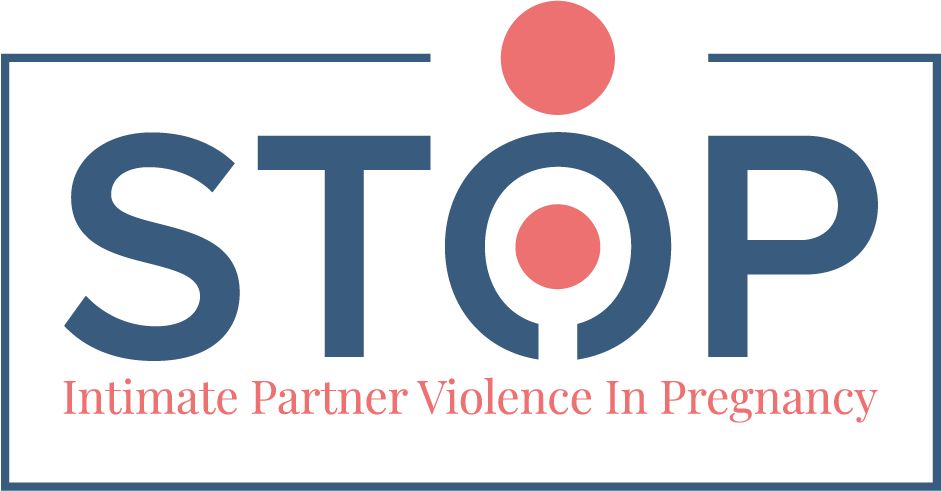E-health psychological intervention in pregnant women exposed to intimate partner violence (eIPV): A protocol for a pilot randomised controlled trial. PLoS One. 2023 Mar 17;18(3):e0282997.
Abstract
Intimate partner violence (IPV) during pregnancy, a condition as common as obstetrics conditions like gestational diabetes, is associated with maternal and neonatal complications. Systematic detection of IPV is not well established in antenatal screening probably because the effectiveness of protective interventions has not been evaluated. E-health interventions may be beneficial among mothers exposed to IPV. Prior to performing a full-scale effectiveness trial for such an intervention, a pilot study is required to assess the feasibility of randomising a sufficiently large number of women exposed to IPV during pregnancy. The eIPV trial is a randomised pilot study nested within a cohort of consenting mothers who screen positive for IPV in the first antenatal visit at <12 weeks’ gestation and accept an e-health package (psychological counselling by videoconference) in Spain and Denmark. Twenty eligible mothers from the above cohort will be randomised to either intervention or control. The intervention group will receive the e-health package as part of the cohort. The control group will be invited to accept a delay in the intervention (e-health package eight weeks later). After consenting to delay, the control group will provide comparative data without losing the opportunity of obtaining the intervention. We will determine estimates of rates of informed consent to randomization, and the rates of adherence and dropout following randomization. Qualitative interviews will be conducted to examine the women’s perception about the benefit of the intervention, reasons for acceptability and non-adherence, and obstacles to recruitment, randomisation and consent. The results will inform the trial feasibility and variance of key clinical outcome measures for estimation of sample size of the full-scale effectiveness trial.
